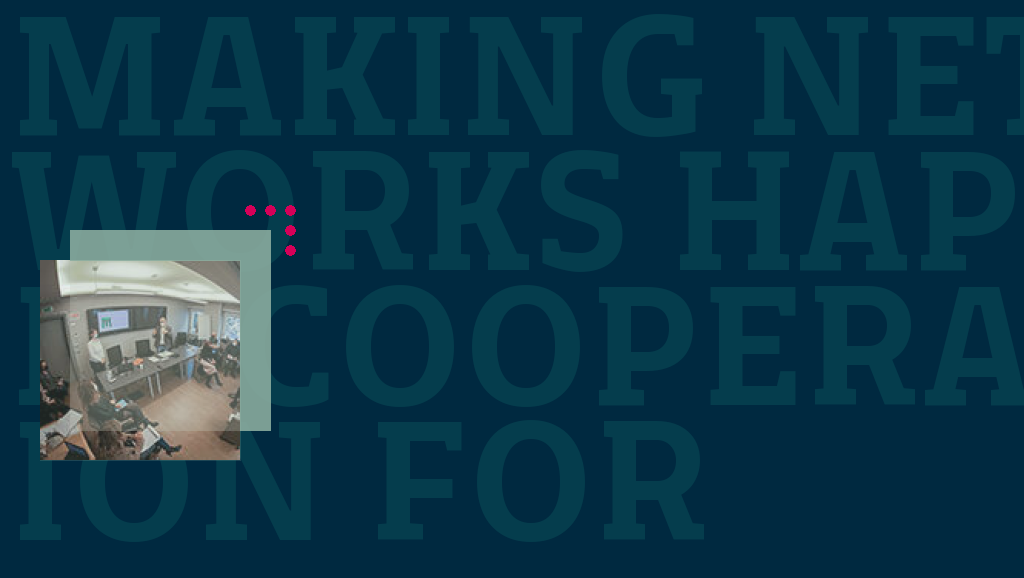On March 1st, 2022, at the Milan seat of Confcooperative Lombardia, in the framework of POLITIKÉ, ‘the political school’ offered in collaboration with the Bassetti Foundation for Responsible Innovation, industrial biotechnologist Maurizio Bettiga and cultural anthropologist Cristina Grasseni jointly led a workshopping session involving 25 leading operators from the cooperative world (presidents, heads of service and human resources directors). Both cooperatives of type A (service cooperatives) and of type B (social cooperatives) were represented, including mixed cooperatives (A+B) and workers’ owned cooperatives, particularly specializing in services to the elderly, work (re)integration, education, but also manufacturing, transport and gardening. The workshop focused on sustainability transitions in and for the cooperative world, its limits and potentials.
After two brief pitches on their academic research (Bettiga on biotechnologies for circular economy, such as gas production from agricultural manure; Grasseni on collective food procurement as a form of grassroots social innovation), the two university professors led the discussion to co-produce three annotated posters: a collaborative analysis of the meaning of ‘sustainability’ for the cooperative world (environmental, financial or social?); a plan of action to increase sustainability in their own cooperatives (a one-year and a five-year goal); and one concrete idea on how to create a network of collaboration within one’s immediate entrepreneurial environment in order to create added value and circular economy (in this case, a transportation cooperative thinking of collaborating with the animal husbandry sector in the province of Mantua to cut fuel costs). The participants adopted Grasseni’s four analytical categories to study collective food procurement in a comparative way across thee European cities, namely Solidarity, Diversity, Skill and Scale (www.foodcitizens.eu).
Without lecturing in theory on ‘how one makes a network’ or ‘why people make networks’ the advantage of this participative interaction was to immediately bring to the surface the skills and knowledge (the lessons already learnt, so to speak) of highly experienced and competent operators who are in charge of potentially game-changing decisions in their own sector. One promising concept that was discussed in class was that of ‘poiesis-intensive sustainability’. Building on Piero Bassetti’s ‘poiesis-intensive innovation’, this idea is that of creatively rethinking the frame of action in order to tackle its intrinsic constraints, rather than thinking immediately of capital-intensive technological investments, since often the real hurdle lies in transforming the framework to liberate the potential for innovation (also in sustainability transitions).
For example, a common hurdle that emerged in group discussion was the need to participate in a networked manner to tenders from the public administration, often with hyper-specific environmental specifications. From within the working groups came the suggestion to create networks that work before having the urgency to apply, and having access to competent and consistent public administrators in order to better understand the reciprocal point of view, limits and potentials, and thus co-create tenders with doable constraints for both sides.
As inspiration for the next Politiké edition, Grasseni and Bettiga suggested to use the time and space of this high-end cooperative training precisely to facilitate PA-cooperative networks, a much needed change of framework (also) for sustainability transition.
Below some photos from Politikè’s lessons
—————–
















